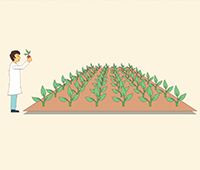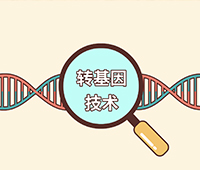据了解,这种食品酶是由非转基因解淀粉芽孢杆菌菌株AE-BAA生产的,旨在用于8种食品生产过程。
经过评估,专家小组得出结论,这种食品酶在预期使用条件下不会引起安全问题。部分原文报道如下:
The food enzyme α-amylase (4-α-d-glucan glucanohydrolase; EC 3.2.1.1) is produced with the non-genetically modified microorganism Bacillus amyloliquefaciens strain AE-BAA by Amano Enzyme Inc. A safety evaluation of this food enzyme was made previously, in which EFSA concluded that this food enzyme did not give rise to safety concerns when used in eight food manufacturing processes. Subsequently, the applicant has requested to extend its use to include one additional process and to revise the use levels. In this assessment, EFSA updated the safety evaluation of this food enzyme when used in a total of nine food manufacturing processes. As the food enzyme-total organic solids (TOS) are removed from the final foods in two food manufacturing processes, the dietary exposure to the food enzyme-TOS was estimated only for the remaining seven processes. Dietary exposure was calculated to be up to 5.833 mg TOS/kg body weight per day in European populations. based on the previous evaluation, the assessment of the new data and the revised dietary exposure, the Panel concluded that this food enzyme does not give rise to safety concerns under the revised intended conditions of use.
本文由食品伙伴网食品资讯中心编辑,供网友参考,有任何疑问,请联系news@foodmate.net。







